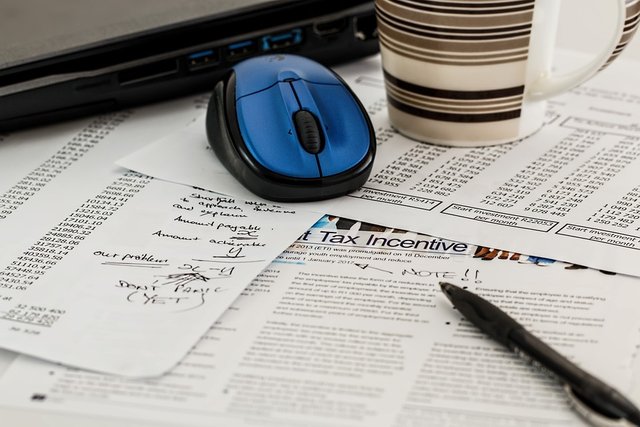Fiscal Sustainability: Just a Dream?

It is very difficult to imagine how taxation can contribute to the Sustainable Development Goals (SDGs) when in actuality tax policies are unfair, the tax profits don’t reach their actual destinations, and there is no interest in changing the consumer behavior towards a healthier way of life.
Let’s talk first about the tax policy that in most cases is formulated in such a complicated way wherein several loopholes can be found. Successful corporations that are able to contribute a substantive amount to the tax profits prefer to spend money on tax lawyers and consultants to find those loopholes. As a result, they are not required to contribute their fair share. This is against the social aspect of taxation. They are not contributing yet they are making use of all the public services that are funded by the tax profits including firefighters, police public transportation, roads, traffic lights, public parks.
Tax policies should be made in a simple way preventing any incorrect interpretation and loopholes. And take consideration of the actual income and expenses of its citizens. It is not possible that low-income owners, the majority of which are women, are paying a high amount of taxes they barely are able to afford. Taxation on particular products has influenced the consumption level; think about cigarettes and alcohol. When thinking about the GDP, there are several options that could help the goal of living healthy like a tax on unhealthy food containing high levels of added sugars.
In reality, we as consumers are facing the opposite. All the unhealthy food is super cheap while the healthy food like vegetables and fruit are very expensive. This has contributed to the overweight problem in many countries and has been happening for many years. In all honesty, it is very difficult to think of change, when the corporations producing all these unhealthy products (like Nestle) have ways to influence the decision making of policymakers.
This is one of the reasons they have been getting away with their palm oil acquisitions that has been going on for many years. Now that some of the many species they affected with their deforestation methods are reaching extinction, and thanks to the internet, is that you hear something about. Without the internet, we would be blind as most of these corporations are main sponsors of the mainstream media. Even if journalist and reporters have something to say, with proof and research, they would be laid off.
• If nothing changes in the way tax policies are made.
• If there is no way to control the inflow or audit of the tax revenues and make sure it reaches the assign social project.
• If there is no way to combat corruption at the government level then the idea of fiscal sustainability will remain a dream.
Then what can we do?
If we want to change we need to choose those that are willing to work for this change against all odds, even against high profile individuals. Many of the current government representatives on the seat don’t have this requirement. They represent their donors and sponsors who love the status quo. So why are we still voting for these people? They will remain with their way of thinking that doesn’t benefit the people. We need people that are willing to serve for the benefit of the people. Sometimes people forget that the government is working for us the people. It’s our taxpayer's money that allows them to work so why don’t we demand accountability from them. They are working for us. They need to do the work, do research. If they need help training/capacity building there are resources to take advantage of like “Tax inspectors without borders”
Citizens don’t have insight into the figures so we don’t have a way of periodically audit what the government is doing, even though we have a right to know where our paid taxes are used for. In many cases, we don’t know the level of government inefficiencies that also take a large amount of our taxes. It is very difficult to have transparency with corruption. The complete received tax revenues don’t reach the assigned social projects which lead to shortages.
Actually, there is an easy way to prevent this, but I’m sure many of the current sitting government representatives won’t like this option. The option to use blockchain technology to allocate received tax revenues, for example, and I’m not talking about cryptocurrencies but the technology used behind the cryptos. The beauty of this technology is that everything is registered, and changes are not possible. If a mistake was made a new request must be sent, and everyone on the network is able to see this request. It would be the perfect tool to detect corruption, prevent inefficiencies, and inaccurate allocation of tax revenues. Then fiscal sustainability wouldn't be just a dream. But will it ever happen?
Congratulations @adira05! You have completed the following achievement on the Steem blockchain and have been rewarded with new badge(s) :
You can view your badges on your Steem Board and compare to others on the Steem Ranking
If you no longer want to receive notifications, reply to this comment with the word
STOPVote for @Steemitboard as a witness to get one more award and increased upvotes!
Good info. try partiko to make easy posting check and istall partiko app https://partiko.app/referral/wongbraling
Posted using Partiko Android